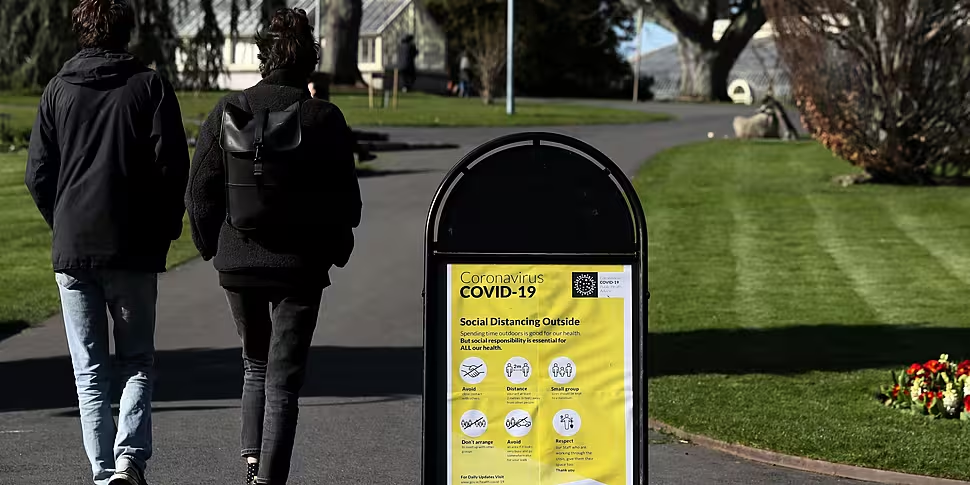An immunology professor says there should not be 'too much surprise' at rising coronavirus cases, and Ireland should move forward with re-opening as planned.
NPHET is to meet on Monday to decide whether to give the go-ahead for measures to ease on Friday week.
Among measures set to be lifted are requirements for physical distancing, requirements for mask wearing outdoors and in indoor private settings, and limits on numbers at indoor and outdoor events.
However uncertainty has been expressed over whether all restrictions will be removed.
Paul Moynagh is professor of immunology and director of the Kathleen Lonsdale Institute for Human Health Research at Maynooth University.
He told Newstalk Breakfast a rise in case numbers was expected.
"We're looking at situations now where numbers are increasing - I think some surprise has been expressed, but I don't think we should be too surprised.
"I think there's maybe some uncertainty in terms of how large the increases will be, but I think it's probably due to two factors.
"One is [that] we haven't experienced Delta in the autumn and winter months before, and these viruses transmit better during the winter - so we probably shouldn't be surprised in that sense.
"And then secondly... breakthrough infections, and I think that's certainly a factor.
"We know from Israel that a number of months post-second vaccine, the number of infections increase in that cohort."
'Choice between the vaccine or the virus'
But he says this does not mean the vaccines are not working.
"It's really, really important to say that breakthrough infections are not a failure of the vaccines.
"The vaccines are still doing a remarkably good job in terms of protesting us against serious illness.
"But what happens, as part of our normal immune response to the vaccine, the antibodies that produce within a couple of weeks and they tend to wane after four to five months - and that has to happen.
"So you become a little bit more susceptible to infection, but then you've got a memory component which kicks in and produces more antibodies and that's what stops you from getting very ill".
Prof Moynagh says we should move forward as planned with a further easing of restrictions.
"I agree again in terms of opening, I think we should continue with that.
"We've heard a lot about booster programmes - I agree in terms of a targeted way, especially older age groups and immunocompromised cases."
And he believes there should be a more targeted approach to vaccines.
"We've over 300,000 people who've not been vaccinated - some of them we will not reach - but certainly some may have still some anxieties.
"And I think the message has to go out there that those people are now taking the choice; it's either a choice between the vaccine or the virus.
"And the data's absolutely unequivocal - if you take the risk, every day you're rolling the dice in terms of getting the virus or not.
"And the benefit-to-risk ratio is absolutely in favour of taking the vaccine - so even if we can get some of them additional people vaccinated."









